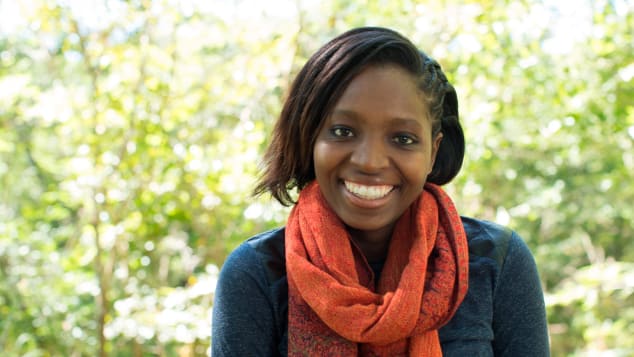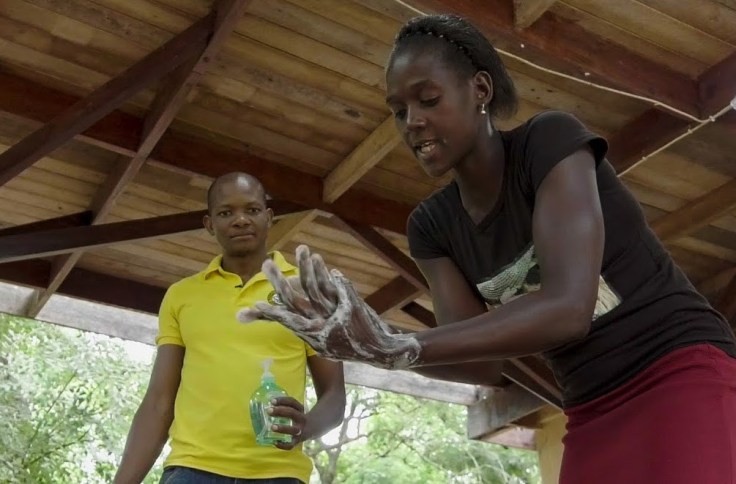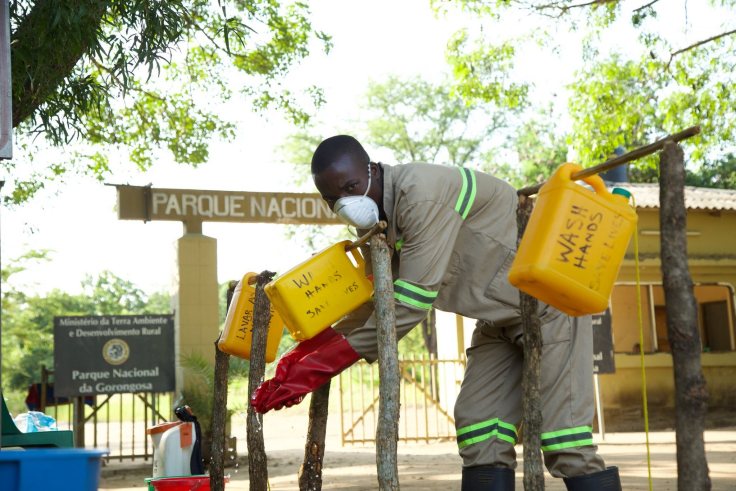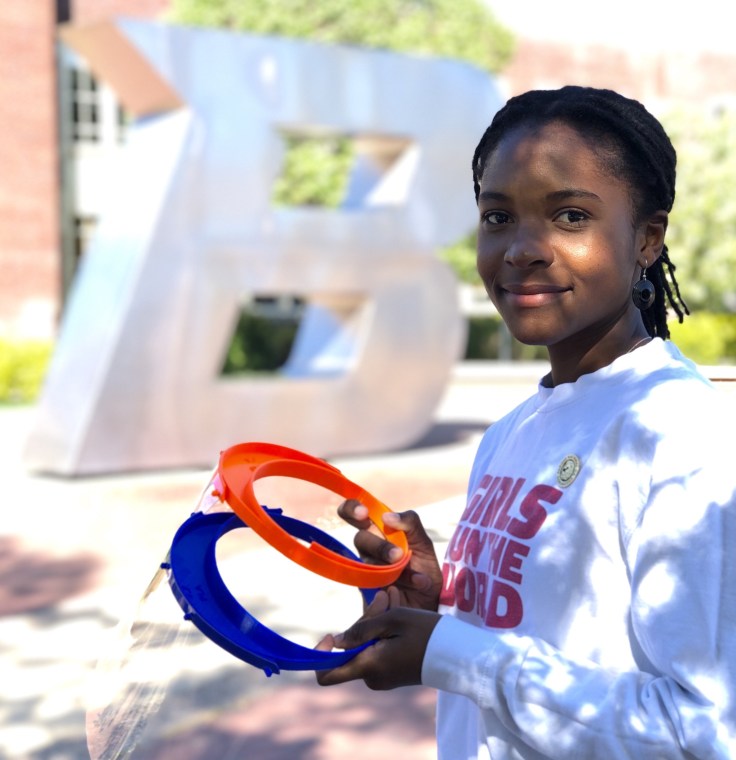Gorongosa National Park, in central Mozambique, on the southern edge of the Great Rift Valley, is home to one of the largest wildlife reserves in Africa. But for park officials, protecting wildlife is just one of the many responsibilities they take.
Socioeconomic struggles are unique and in 2020 they face a new problem, Covid-19. Gorongosa National Park has not always been a haven for wildlife, quite the contrary.
A little history:
In 1920, by the Portuguese, it was declared a game reserve. Only in 1960 did the Portuguese government decree the reserve as a National Park.
However, the Civil War (1977-1992) almost completely destroyed the sustainability of the territory. In 1981, Gorongosa National Park was the battleground of the civil war for nine years. Soldiers from both sides hunted elephants for their ivory (the product was sold and with the money they bought more weapons), zebras, buffaloes, among others to feed themselves, and the lions, due to lack of prey or provoked by poaching, ended up largely succumb.
In the aftermath of the war, more than 90% of the park’s mammals disappeared. Only the diversity of birds remained more or less intact.
Several efforts were made after the war to rehabilitate the park, but only in 2004 did it seriously start working towards that goal, with American philanthropist Greg Carr partnering with the Mozambican government to restore animal density and life to the park.
Pedro Muagara is currently the director of Gorongosa National Park. In 2006, when flying over the ground by helicopter he said he saw “a disaster”. It took two weeks to see an elephant and a month to see a lion. Since then, a lot has changed.
Gorongosa Mission Video 2020 from Gorongosa National Park on Vimeo.
Efforts to combat gender inequality:
Today, it represents much more than just an area for the sustainable preservation of animal life, it is also a focus of social development. Programs have been created to help women in local communities have a promising future, with access to education, to combat gender inequality. Larissa Sousa, the project manager, says the initiative offers complementary education to girls aged 10 to 16 years old, from disadvantaged families.
Mozambique has one of the highest child marriage rates in the world. Larissa says the project encourages girls not to drop out of school and get married. Upon finishing their studies, girls can have better life opportunities, contributing to a break in the cycle of poverty.

According to UNESCO, 58% of women in Mozambique are illiterate, compared with 45% when analyzing the country’s entire population. Sousa points to an interesting fact: “If the mother is educated, she will make sure that her children are educated as well”.
In addition, a third of the park’s employees are women. The goal is to reach 50%.
Girls Club English no subtitles from Gorongosa National Park on Vimeo.
Combating Covid-19
Normally, health professionals in Gorongosa National Park provide services to around 100,000 people who live in the vicinity of the park. This year, with the spread of the new coronvirus, employees are working around the clock. Local communities must be helped to combat the spread of Covid-19.

Volunteers are working with the health team to increase access to drinking water, improve sanitation and teach effective hand washing techniques, organizing and serving in community WaSH teams. These teams are positioned in water holes, equipped with hand washing material and other resources designed to prevent spread.

Some of the additional items include one of the 3,000 face masks produced by the Park team to protect their workers and people in the Covid-19 PNG buffer zone communities.
Associação Ajudar Moçambique is responsible for donating personal protective equipment including gloves, masks and protective clothing.
Covid-19 is a serious threat to people living in the Buffer Zone of Gorongosa National Park, especially in communities with struggling health systems. The Park’s Buffer Zone is served by a small hospital, 28 health clinics and 375 health professionals and volunteers. Health professionals are stationed at health clinics and conduct 20 mobile monthly clinical sessions in remote areas.
Donations are being accepted for:

Train community health workers on how to recognize the symptoms of COVID-19 and refer people to treatment;
Provide healthcare professionals with masks, eye protection and sterile gloves; and Distribute COVID-19 prevention kits, including soap and disinfectant, prevention awareness materials, test kits and protective equipment.
To donate, go to the Park website.



